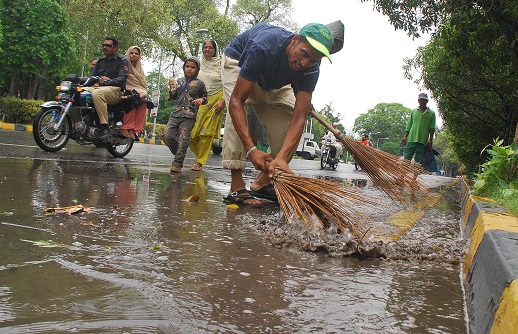
The problems for religious minorities in Pakistan date back to its formation. When the British left the Indian subcontinent, it was divided between Pakistan and India. Partition led to millions crossing borders: Muslims to Pakistan and Hindus and Sikhs crossing over to India. Hence, over time, India became thought of as a Hindu country and Pakistan as Muslim.
After independence, the two countries could not live peacefully because of the disputed Kashmir territory. About 70% of Pakistan’s water emanates from Kashmir, which makes it the “jugular vein”, as the founding father of Pakistan once stated, for the agricultural country. The dispute has led the two countries to four full-scale wars since partition. In 1992, Indians demolished the 16th century Babri Mosque in Ayodhia and, in response, many famous pre-partition Hindu and Jain temples were destroyed in Pakistan.
Pakistani Christians are considered a remnant of the colonial past and are seen as guilty by association for the US war on terror. They have long complained that their own Pakistani Constitution refers to them with a word that carries great stigma: “Isai” (derived from “Isa“, the Arabic word for “Jesus” in the Qur’an), which carries strong overtones with the “unclean”, demeaning occupations done by the lowest castes, making them feel like second-class citizens.
The Ahmadi sect, declared as “non-Muslim” in a constitutional amendment in 1974, also suffers great stigma. Ahmadis are considered heretical liberals by other Pakistani Muslims and it is a crime for Ahmadis to refer to themselves as “Muslim” or to the use the word “mosque” for their place of worship, or even to say the Islamic greeting, “As-salāmu ʿalaykum” (“Peace be upon you”). Pakistan’s notorious blasphemy laws are tied up in this discourse, further complicating the debate.
In recent years, Shiites too have been declared heretical by some of Pakistani’s hard-line Sunni factions.
The 2014 Pew Research report, Religious Hostilities Reach Six-Year High, notes: “Among the world’s 25 most populous countries, Egypt, Indonesia, Russia, Pakistan and Myanmar stand out as having the most restrictions on religion when both government restrictions and social hostilities are taken into account.”